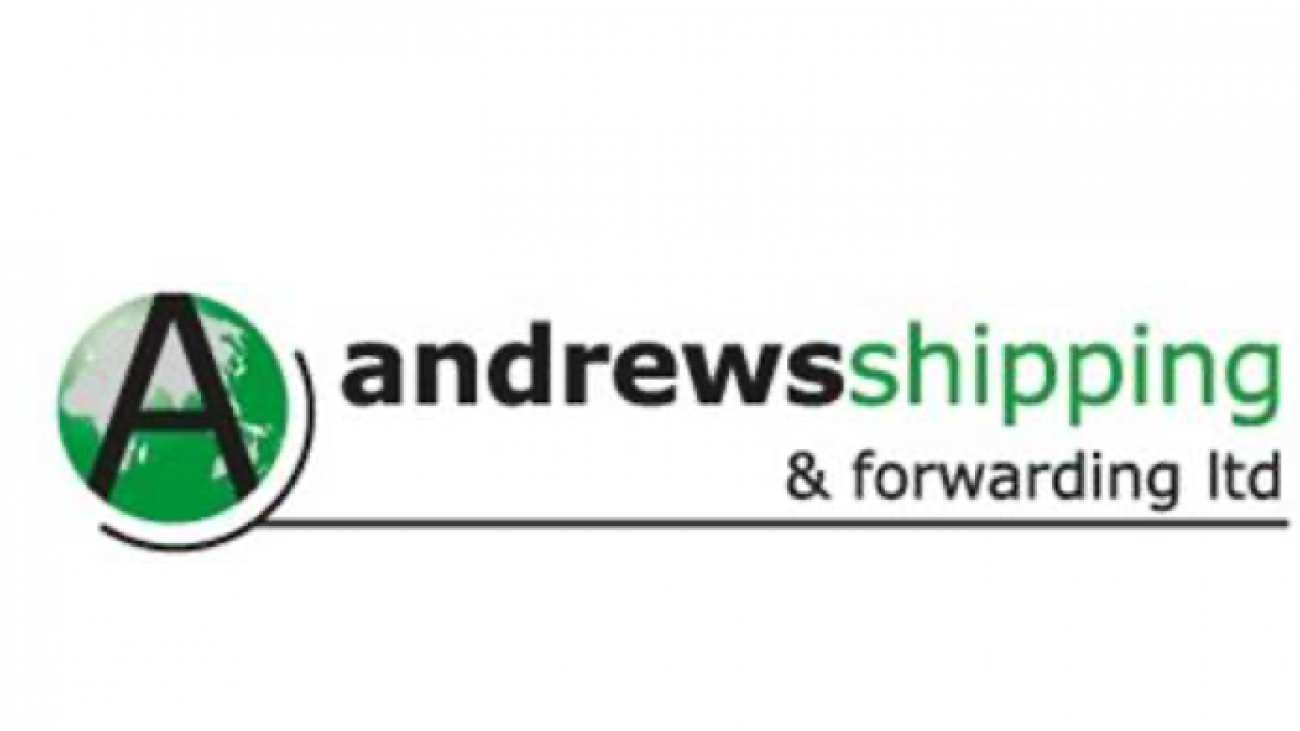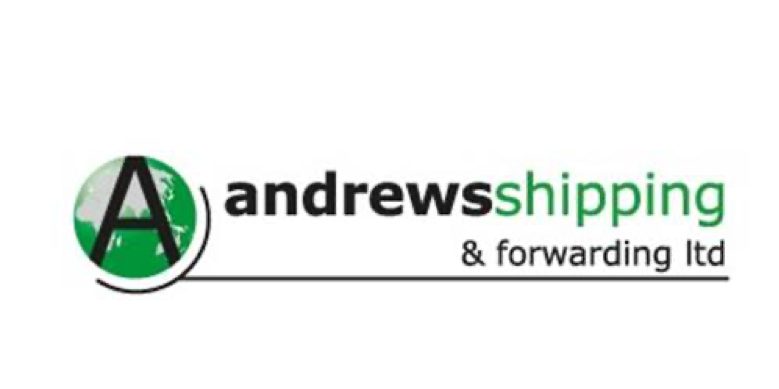In late December 2020, the UK managed to secure a Free Trade Deal with the EU which has offset some of the more severe issues that could’ve been expected once the UK left the EU. This has provided a level of certainty to exporters & importers alike and enabled trade to flow more smoothly than would otherwise have been the case. Despite this, trade between the UK to the EU (particularly this way round and not so much EU to UK) has seen a sharp downturn, which shows that the Free Trade Deal was not the panacea that many on both sides had hoped for.
What’s changed for exporters/importers
Duty & vat will apply on goods being shipped from the UK to the EU whereby goods are not manufactured in the UK whereas goods manufactured almost entirely or wholly in the UK to EU will incur zero duty and only incur vat. There are still complications, however. As an example, for car exporters from the UK-EU, there is a requirement to declare the car as almost entirely manufactured in the UK in order to avoid paying duty. How an exporter can be expected to declare where every car part originated is anyone’s guess! On food, if an exporter is to ship a lorry or container load of foodstuff, they would be required to declare every tariff code & ensure rules or origin are followed. Whilst this is normal for UK to non-EU countries, this is a far cry from the days of free movement of goods.
Exporters & importers also now have to factor in customs clearances either through CHIEF or a T1 in the case of road freight, which adds both cost and a requirement to declare goods in much the same way as UK to non-EU shipments. The addition of customs fees, vat & in some cases duty could lead to higher prices (although this is not evidenced yet) eventually although much will also depend on the price of fuel & other factors that impact upon freight & transport costs.
What we’ve seen so far
The month of January saw a 40% decrease in exports from the UK to the EU, although this downturn was not reflected in exports from UK to non-EU states. We can therefore most likely attribute this downturn to Brexit. Uncertainty over procedures and costs appear to be causing shippers problems. Hopefully, this will be short term and once solutions are found, we can see an upturn. However, the concern for UK shippers is that the EU may decrease its imports from the UK as it may become a less attractive & viable market for EU importers. Only time will tell on this but it’s clear that the free trade deal is far from ‘free,’ although certainly preferable to the no deal scenario that we all dreaded.
What the coming months hold in store for us
Naturally, us freight forwarders think in terms of solutions rather than problems. Freight forwarders such as ourselves have spent months securing the necessary badges to assist exporters/importers in customs procedures and to assist the supply chain as best we can. We can only hope that UK to EU trade returns to a position of strength as any consistent downturn will be bad for both sides. I, for one, will certainly be following trade patterns closely and will continue to provide updates on the impact of Brexit over the course of the year.
Kind Regards,
Andreas Spyrou
Director – Andrews Shipping & Forwarding Ltd










